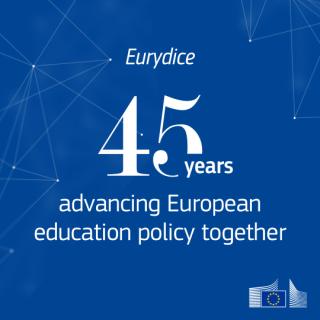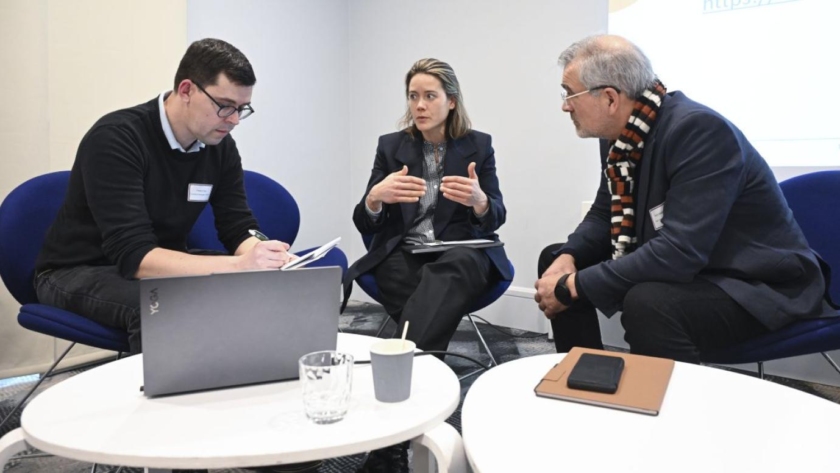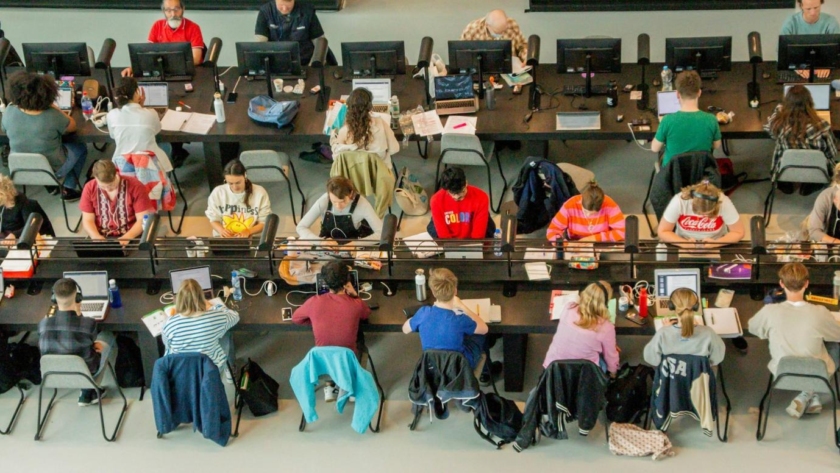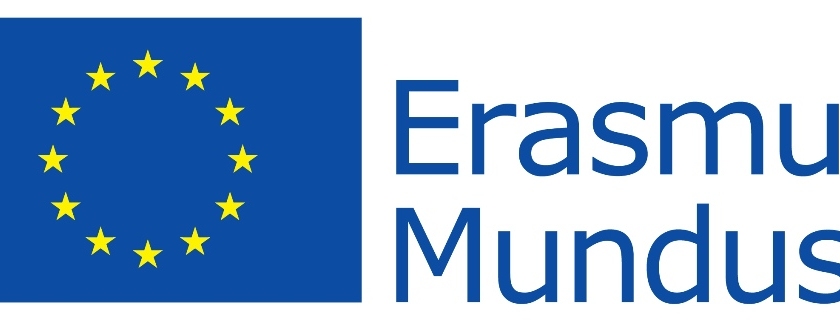2025 marks the 45th anniversary of the Eurydice Network. Since 1980, Eurydice has provided reliable, comparable information on education systems and policies across Europe, supporting evidence-based policymaking, cooperation, and knowledge sharing among decision-makers, researchers, and educators. Over four and a half decades, the Network has grown its National Units, expanded coverage across all education levels,…












